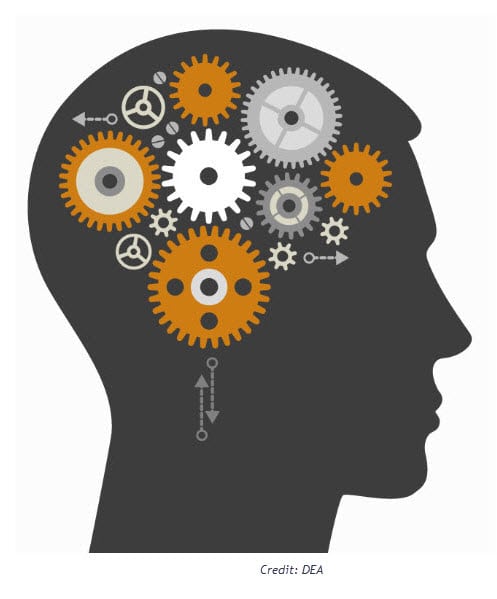 Changes in Brain Development and Function From Drug Abuse
Changes in Brain Development and Function From Drug Abuse
Most kids grow dramatically during the adolescent and teen years. Their young brains, particularly the prefrontal cortex that is used to make decisions, are growing and developing, until their mid-20’s.
Long-term drug use causes brain changes that can set people up for addiction and other problems. Once a young person is addicted, his or her brain changes so that drugs are now the top priority. He or she will compulsively seek and use drugs even though doing so brings devastating consequences to his or her life, and for those who care about him.
(See more: Study: Regularly Using Marijuana as a Teen Slows Brain Development)
Alcohol can interfere with developmental processes occurring in the brain. For weeks or months after a teen stops drinking heavily, parts of the brain still struggle to work correctly. Drinking at a young age is also associated with the development of alcohol dependence later in life.
What is Addiction?
No one plans to become addicted to a drug. Instead, it begins with a single use, which can lead to abuse, which can lead to addiction.
The National Institute of Drug Abuse (NIDA) defines addiction as:
A chronic, relapsing brain disease that is characterized by compulsive drug seeking and use, despite harmful consequences. Addiction is a brain disease because drugs change the brain’s structure and how it works. These brain changes can be long lasting, and lead to harmful behaviors seen in people who abuse drugs.
The good news is that addiction is treatable. The treatment approach to substance abuse depends on several factors, including a child’s temperament and willingness to change. It may take several attempts at treatment before a child remains drug-free. For those teens who are treated for addiction, there is hope for a life of recovery.
The Council on Recovery’s Center for Recovering Families has a broad spectrum of outpatient services for adolescents, including individual therapy, group therapy, high-risk behavior classes, and other education and treatment programs. For information, call 713-914-0556.
(Source: Get Smart About Drugs, a DEA Resource for Parents, Educators, & Caregivers)
